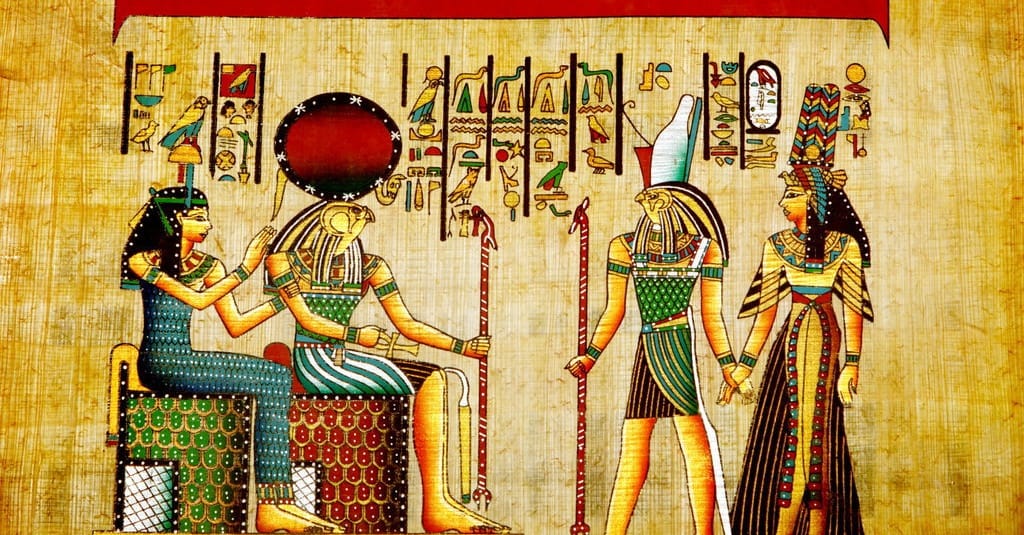
Ancient Egyptian The law is based on a central cultural value called ma’at (harmony). Then standardized as the rule of the gods since the beginning of the creation of the universe. To achieve peace in yourself, the surrounding community, and God. Individuals only need to uphold an attitude of tolerance, caring for others, and justice, according to Ma’at. such is the law of ancient egypt.
Judicial System Order
The pharaohs were representatives of the gods, and their divine justice topped the hierarchy of the Egyptian justice system. The vizier (vizier) was only one level below the pharaoh. The Egyptian vizier has many responsibilities, such as carrying out the practical administration of justice. The vizier may personally preside over the trial and appoint several judges under him. Sometimes a vizier is directly involved in local trials when necessary.
The justice system was first formed at the regional level, namely in one district area. The process is led directly by the governor (nomarch) and his assistants (stewards).
The earliest format of this regional legal arrangement was likely simple. but it would become increasingly bureaucratic throughout the Old Kingdom. Only during the Middle Kingdom were professional judges appointed to preside over trials and the judicial system. eventually work according to a general, more rational paradigm.
Legal Administration
The courts that governed the ancient Egyptian legal system consisted of the seru, kenbet, and djadjat. If a crime occurs in one village and the Seru community cannot reach an agreement to make a decision. Then the case will be raised to the level of Kenbet or Djadjat. Usually, anything that happens in one village will also be resolved by the Seru in the area itself. Kenbet is believed to play a role as a law-making body and implement sanctions at the regional and national levels. while the djadjat as the final decision-making body for a rule. namely whether the rule can be implemented, considered valid and binding in accordance with ma’at.
Crime & Punishment
Ancient Egyptian society did not recognize the system of lawyers. The suspect will be directly interrogated by the police and the judge during the trial. then the witnesses will provide testimony in favor of or mitigating the defendant directly in front of the court. The rule of law in force at that time was that the accused was considered guilty until proven guilty. Instead, witnesses were often beaten to make sure they weren’t lying. And once someone is charged with a crime, their name will still be recorded in court records. as a suspect, even though ultimately proven innocent. Related to this, public criticism seems to also function as a deterrent factor.